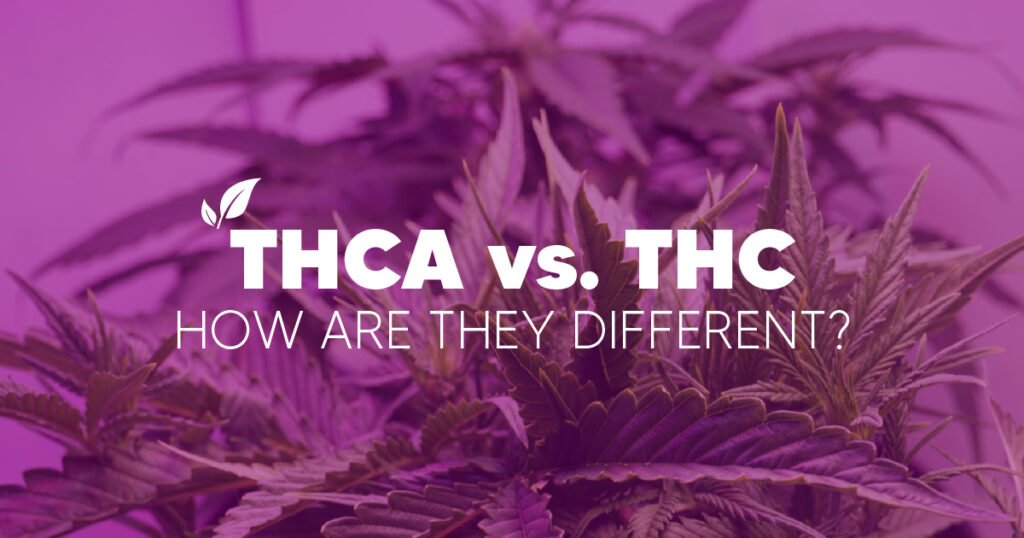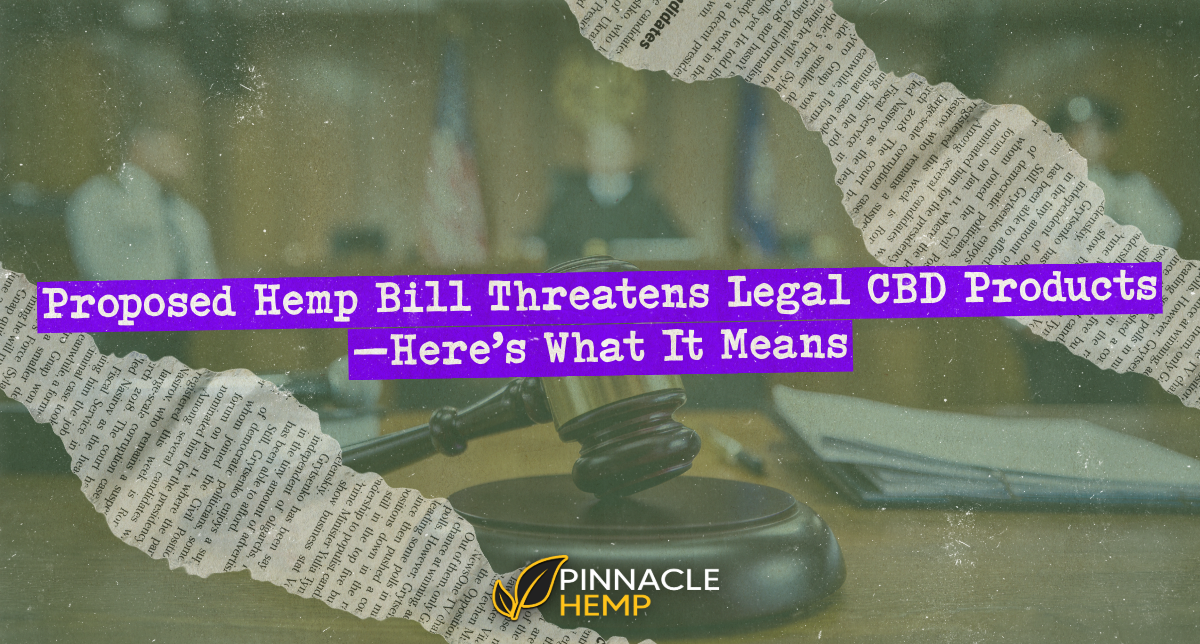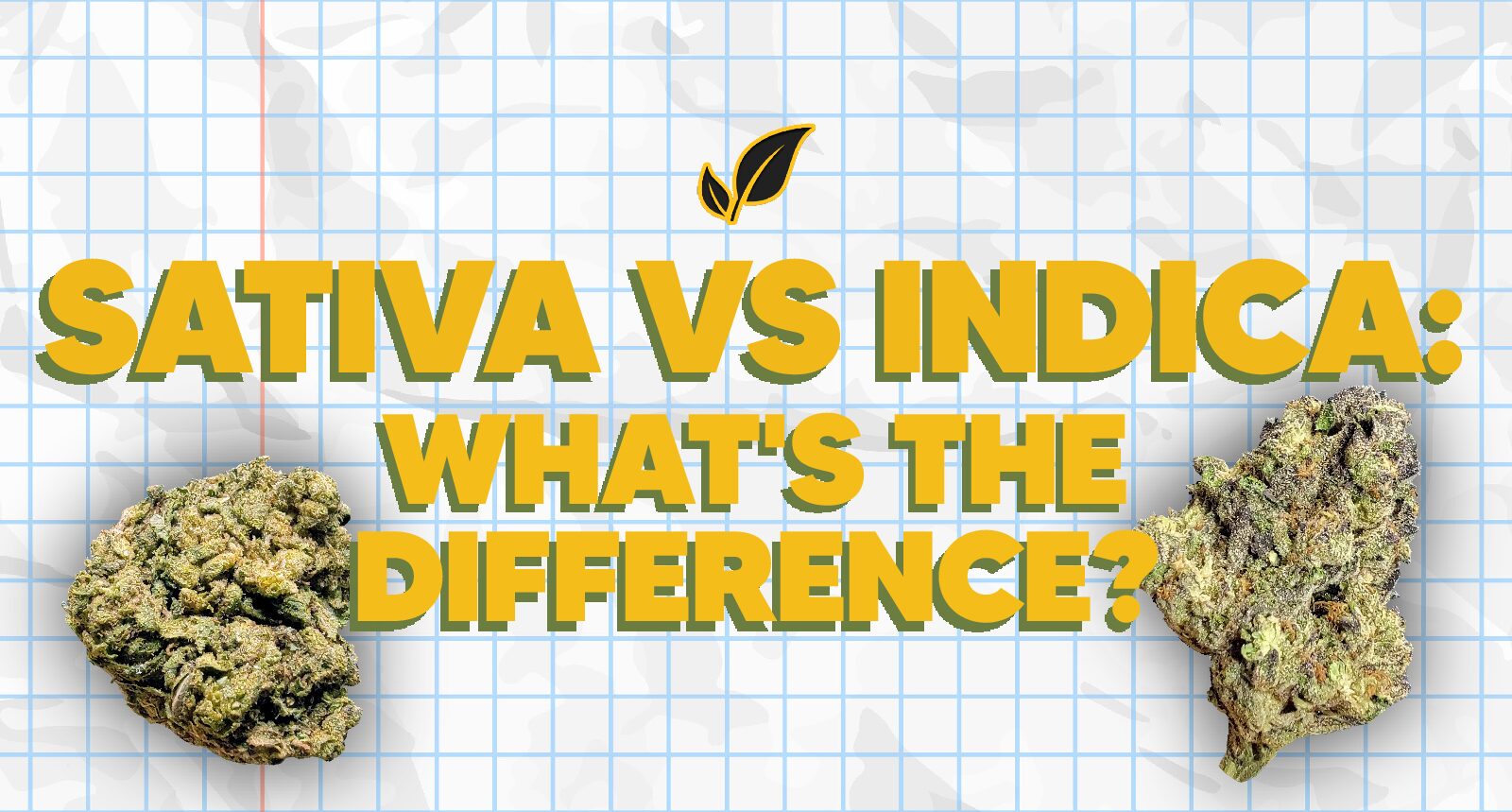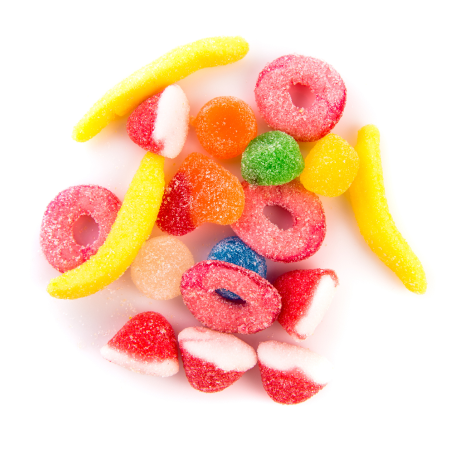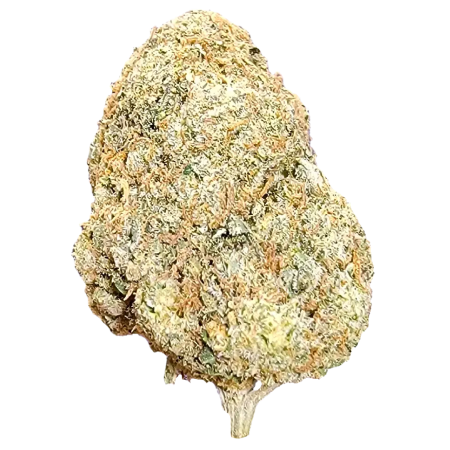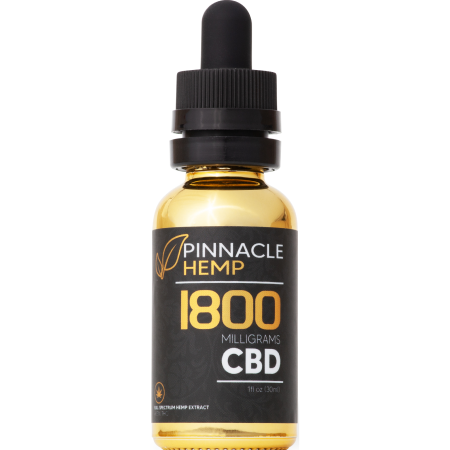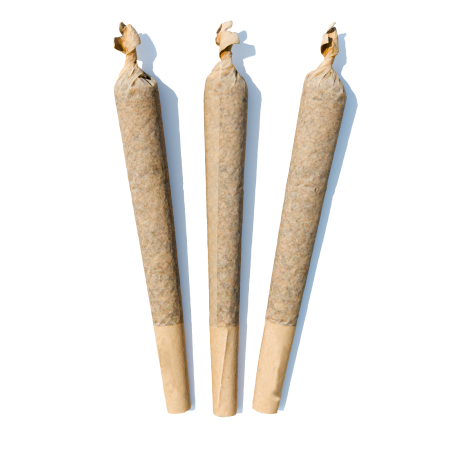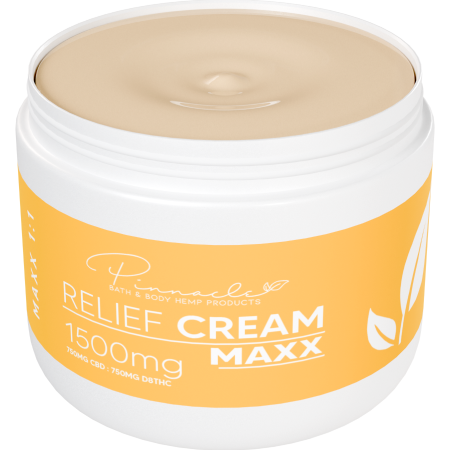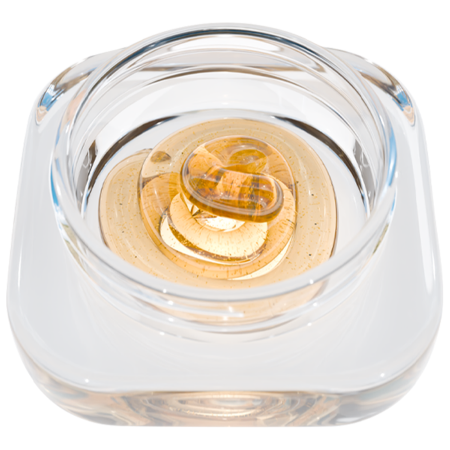In the world of cannabis, there are numerous compounds that contribute to its effects and therapeutic properties. One such compound is THCA, which stands for tetrahydrocannabinolic acid. THCA is often misunderstood and confused with THC (tetrahydrocannabinol), the well-known psychoactive component of cannabis. Here we distinguish the features between THCA and THC, their individual characteristics, and the possible advantages they have to offer.
What is THCA?
THCA is a naturally occurring compound found in raw cannabis plants. It is the precursor to THC and is abundant in the plant during its growth phase. Unlike THC, THCA is non-intoxicating, meaning it does not produce the euphoric “high” typically associated with cannabis use. THCA is primarily found in the trichomes, the resin glands of the cannabis plant.
How is THCA Converted to THC?
THCA undergoes a process called decarboxylation, which occurs when the plant material is exposed to heat or light. This process removes a carboxyl group from THCA, transforming it into THC. This is why smoking or vaporizing cannabis activates the psychoactive effects of THC, as the heat converts THCA into its intoxicating counterpart.
Potential Benefits
Although THCA does not produce the psychoactive effects of THC, it is believed to offer its own set of potential therapeutic benefits. Research suggests that THCA may possess anti-inflammatory, neuroprotective, and anti-emetic properties. It is also being studied for its potential in treating conditions such as arthritis, epilepsy, and cancer.
THC and its Effects
THC is the most well-known cannabinoid found in cannabis and is responsible for the plant’s psychoactive effects. When THC interacts with our endocannabinoid system, it binds to cannabinoid receptors, primarily the CB1 receptors in the brain. This is what produces a range of effects including euphoria, relaxation, and altered perception.
The Difference between THCA and THC
The main difference between THCA and THC lies in their chemical structures and effects. THCA is the acidic form of THC and does not bind well to cannabinoid receptors. It is only after decarboxylation that THCA is converted into THC, which can then interact with the endocannabinoid system. This is why eating or ingesting raw cannabis will not result in the intoxicating effects typically associated with THC.
The Entourage Effect: THC and Other Cannabinoids
Cannabis contains a diverse array of cannabinoids, each with its own unique properties and potential benefits. When these cannabinoids work together synergistically, it is known as the entourage effect. Both THCA and THC play a role in this entourage effect, along with other cannabinoids such as CBD, CBG, and CBN. The combined effects of these compounds are believed to enhance the overall therapeutic potential of cannabis.
Cannabis vs. Marijuana Vs. Hemp

Marijuana:
Marijuana is a term commonly used to refer to cannabis plants that have high levels of THC (delta-9-tetrahydrocannabinol), the psychoactive compound responsible for the “high” associated with cannabis.
Hemp:
Hemp is a variety of cannabis that has low levels of THC (0.3% or less) and higher levels of CBD (cannabidiol), which is used in various health and wellness products.
Cannabis:
Cannabis is a broader term that encompasses both marijuana and hemp. It refers to the plant species Cannabis sativa, which can contain various levels of THC and CBD.
What to Take Away:
THCA (tetrahydrocannabinolic acid) and THC are two distinct compounds found in cannabis plants, but both have different properties and effects. THCA is the acidic precursor to THC and does not produce intoxicating effects on its own. However, it holds potential therapeutic value and is being investigated for its various health benefits.
THC, on the other hand, is the primary psychoactive component of cannabis responsible for the euphoric “high.” Understanding the differences between THCA and THC can help individuals make informed decisions about cannabis consumption based on their desired effects and potential therapeutic needs.


